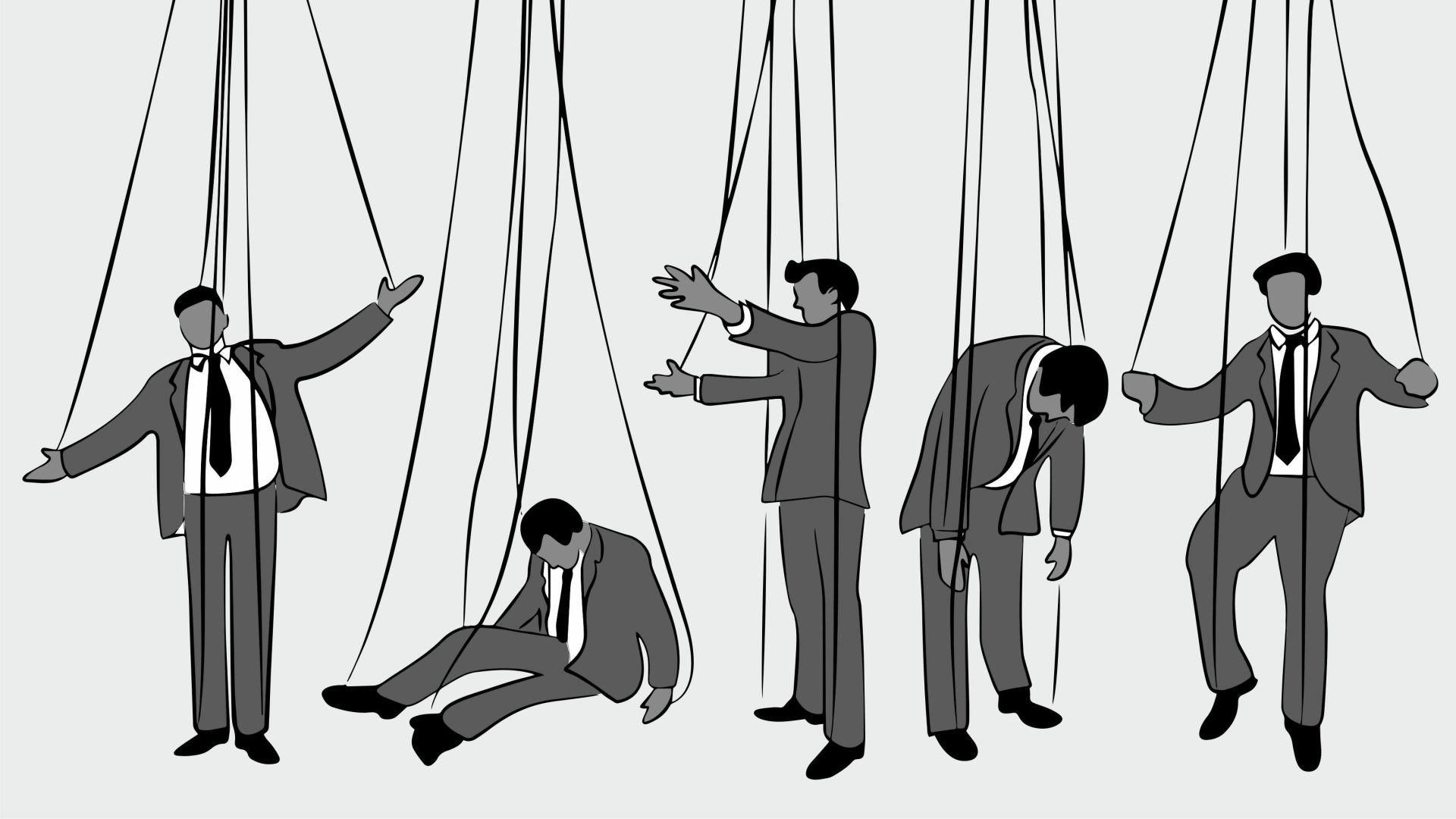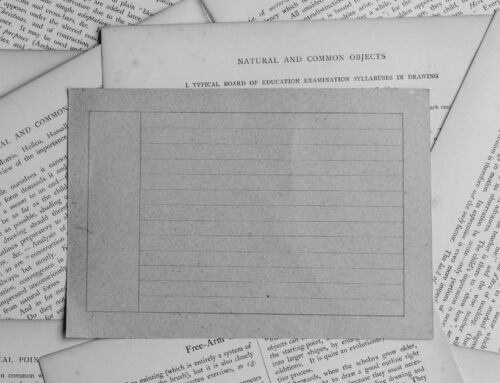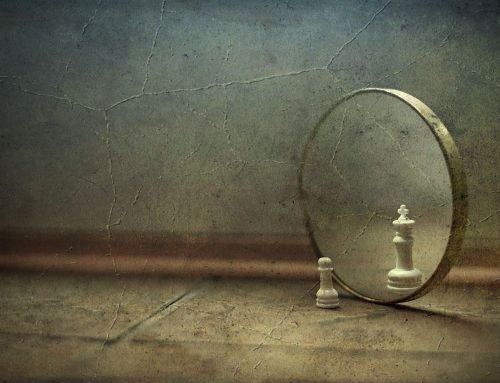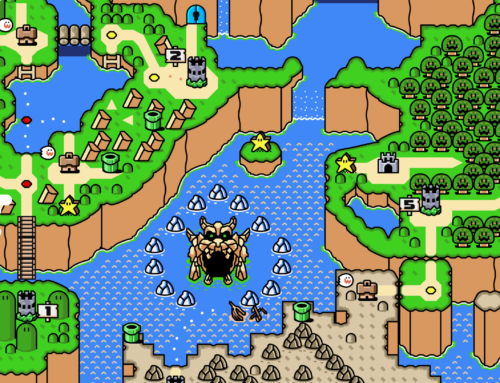From the moment I started working with organizational design, improving our relationship with power within organizations was important to me. The idea of an authority figure (a boss, a state leader, a dictator) causes me to cringe. Probably because I see some of this in myself. From the moment I started to study Teal and new social technologies I was also interested in the topic of power and authority at the social level. If we can decentralize companies, we can decentralize a nation too, right?
My search led me to get in touch with the topic of non-violence, promoted by Gandhi, Marshall and other relevant thinkers. It was from there that I became interested in anarchism, which preaches precisely the use of non-coercion. If we look at our nation-state, the use of force is always present. If we break the law, we get punished (okay, sometimes). State laws start from getting to your pocket (fees and fines), to taking your physical body against your will and throwing it in a cell (in some countries, unfortunately even killing you). If you disrespect sovereign authority, you will be punished. The book The Problem of Political Authority addresses this issue of the state’s monopoly on the use of force from a moral perspective.
I was enthralled by the hypothetical stateless society described by author Michael Huemer. As utopian as it may seem, it is interesting because it provides a path. So I went looking for literature books that further explored the theme of a society free from centralized power. After all, reality imitates fiction. I found a 3 volume masterpiece titled The Golden Age. Eventhough it’s a hardcore science fiction book, it brought a lot of interesting insights, which I also related to the organizational world. I would like to explore them with you.
The entire narrative takes place tens of thousands of years in the future, in a society called the Golden Ecumene, which has already spread across the entire solar system. Humans are a thing of the past, and there are now several “neuroforms” (forms of consciousness). Almost all are immortal and immensely wealthy, thanks to technology. Phaethon, the protagonist, is part of the powerful elite who live a good part of their interactions in computer simulations or traveling the world on their mannequins that allow telepresence. In this futuristic and decentralized society, 90% of resources are controlled by extremely rational artificial intelligences, called Sophotechs. There is a parliament and a court, but 99% of cases are resolved by simulations or exchanges of conscience (you can take the other person’s perspective and understand their needs, thus making conflict resolution very easy). To give you an idea, it has been millennia since crimes have occurred. In fact, only things that involve the use of force against someone are crimes in this society. Many things are immoral, but few are criminalized.
In the Golden Ecumene, the entire military force is represented by one being, called General Atkins. Due to conflicts involving Phaethon, at some point (I won’t go into the details) Atkins is “awakened” to work. Everyone had forgotten that he exists (he had gone to sleep for many years) and curiously enough words like “weapon” and “war” are not in the vocabulary of the citizens of this golden age. What really got my attention was a speech made by him to the protagonist, in the second book of the trilogy:
With all due respect, my tradition is older than yours, older than any other. My profession was the first that man created, and it will be the last to cease to exist. It is what makes all other [professions] possible.
It was only on a second reading that I realized the relevance of this point.
Sovereign power will always be there, to ensure that freedom is possible. Often this power is formed from a social contract, built by the parties voluntarily. And it forms a hierarchy, as it divides those who have power (in this case, Atkins) from those who don’t (ordinary citizens). As long as there is a need for coordination among people on a large scale (a society), there will be a sovereign authority to enforce the foundations, moral code and basic social rules. The very rule of “do not infringe on the freedom of the other” does not escape this. Not even the Golden Ecumene escaped.
I couldn’t help but relate this to the organizational world. In Target Teal’s work, we look for mechanisms for distributing authority. But this does not negate the existence of power. This simply suspends it, so that self-organization is possible. In Holacracy there is a Constitution. At O2 there are Meta-Agreements. Someone signs onto them, someone sustains this space, as do the rules. There are legal limitations (the fact that a company needs an owner), but even if we can create new, more distributed business entities, a decision-making process will be necessary. This process is sovereign, and supported by a nation-state that exerts this force on society.
We can only escape hierarchy (in the sense of authority differentiation) if there is no need for an exchange between agents. Two civilizations on different planets that have not yet met would not have agreements on authority, because there is no need for coordination between them or for sharing resources. Countries form agreements, economic blocs and sign treaties to establish hierarchies and enable coordination, even without an apparent world government. Bitcoin itself, despite being decentralized, has a single (sovereign) protocol that is run by all machines.
Looking at Laloux’s model of stages, I realized even more clearly how the Evolutionary-Teal “integrates” the previous perspectives. Hierarchy and power are social technologies created by the Conformist and Conqueror stages. In the Pluralist, these aspects are ignored in search of equality and shared power. And this is precisely the downfall of the Pluralist-Green: its inability to understand that it is not only necessary to include, but also to exclude. Both centralized and decentralized power need to be integrated. It is true that organizations today are leaning more towards the side of hypercentralization, which is why we see a great polarization towards the side of decentralization. But there is a balance. Centralization cannot be completely ignored, because that would imply the dismemberment of the organization. By definition organizations centralize things. Otherwise, we would operate using a network format.
My conclusion is that yes, there is room and value for hierarchy and authority, inside and outside organizations. But when I refer to hierarchy, I mean differentiation and recognition of different levels of authority, not the idea of a military chain of command that has been imported into the corporate world. We can create legal, social and organizational structures that minimize the negative impacts of authority, but it will always be there. Self-organization always takes place within defined contours. And someone or something needs to define the contours. These are my preliminary conclusions on this topic. I’m also curious to know how you see all of this. Please comment below. :)
Translated by Tanya Stergiou






Leave A Comment